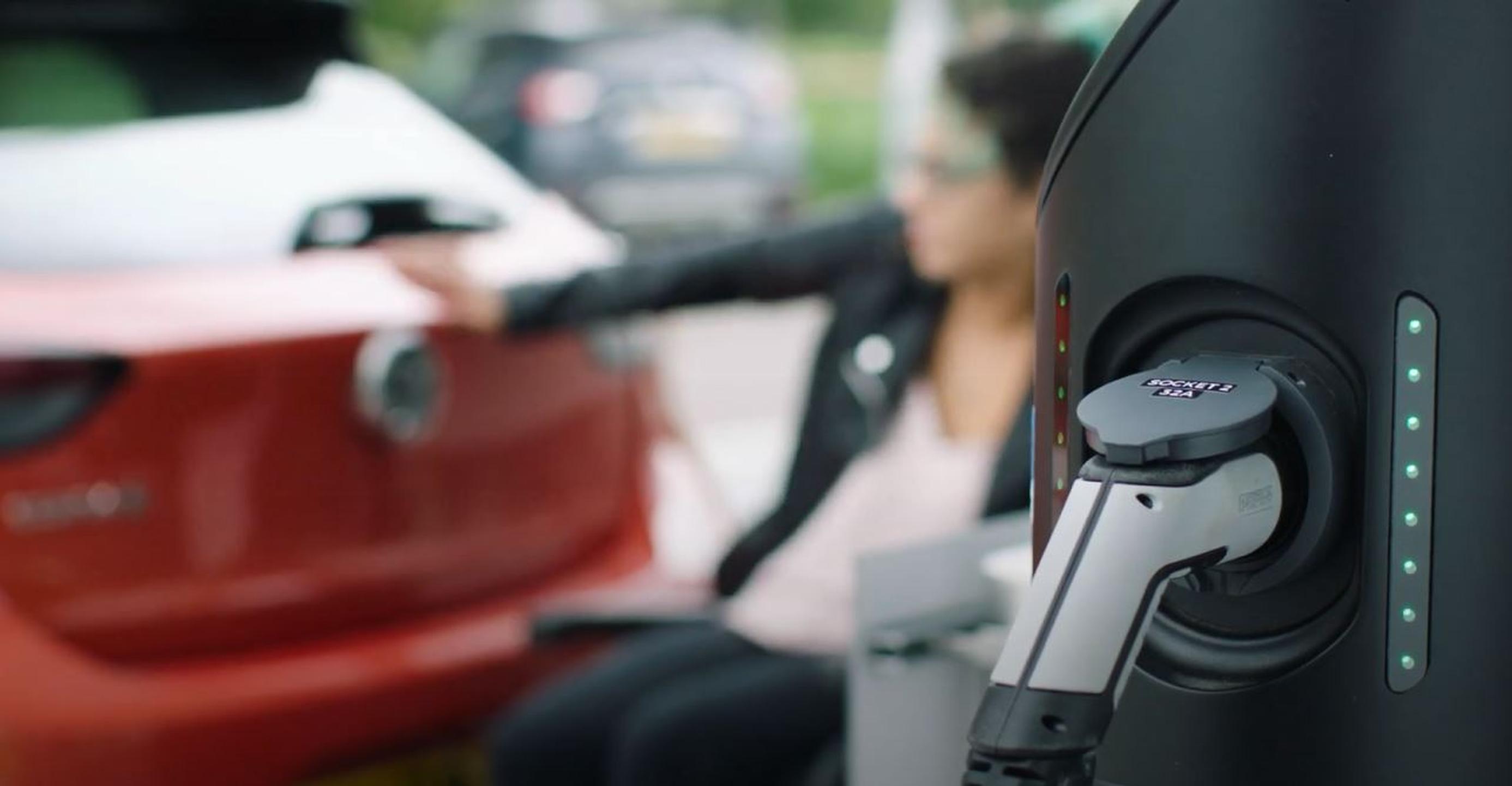

The British Standards Institute (BSI) has launched a consultation for a new standard to ensure the accessibility of electric vehicle public charging.
The draft of the new BSI standard for accessible charging of electric vehicles will be open for public comment until 4 May 2022.
BSI, in its role as the UK national standards body, is seeking comments from those involved in chargepoint design, manufacture and installation as well as private land-owners, local authorities, transport planners, consumer groups and energy providers.
Comments can be registered online here
The UK government’s commitment to phase out the sale of new petrol and diesel cars and vans by 2030 will lead to an increase in the use of electric vehicles, which requires a new and significant network of electric vehicle charging infrastructure. With an estimated 14 million disabled people in the UK, and 2.7 million predicted disabled drivers in ten years’ time, chargepoints will need to inclusively designed for use by all consumers. The new charging network should be aligned with government policy including Inclusive Mobility.
As this seems set to be first standard of its kind internationally, the BSI intends to set out the requirements for the provision of accessible public charging for all plug-in vehicles to all potential users and pedestrians, to create an inclusive charging environment for all including disabled and older people, and people with learning disabilities or neurodiverse conditions. The focus of the standard, named PAS 1899:2022: Electric vehicles – Accessible charging – Specification, is to agree minimum accessibility standards for all public chargepoints and settings in which more enhanced accessibility can be deployed.
The standard, which is sponsored by the charity Motability and the Office for Zero Emission Vehicles (OZEV), intends to cover:
Nick Fleming, head of transport and mobility standards at BSI, said: “BSI is excited to be involved in the development of this standard to encourage accessibility considerations in the manufacture, installation and maintenance of EV chargepoints. EV users have a wide range of needs and this PAS can help to improve user experience and ensure the public EV charging network is accessible for all. Improving the accessibility of EV charging networks will help to further drive the adoption of EVs, an important step in the decarbonisation of the UK’s transport sector if we are to meet net zero targets by 2050.”
Barry Le Grys, chief executive of Motability, said: “As we transition to net zero, emerging transport options must be made accessible for disabled people right from the very beginning. Our research shows that half of disabled people will be reliant on public EV charging by 2035, yet they face a host of problems using public charging – from confusing instructions on payment units to heavy charging cables and limited space to move around in charging bays. Motability is sponsoring these standards because we believe that they are the only way that manufacturers can develop new infrastructure at pace which is fully accessible for disabled people and fit for the future of travel.”
The standard is due to be published in summer 2022.
Further reading
Motability & Ricardo (2020), Electric Vehicle charging infrastructure for people living with disabilities
TransportXtra is part of Landor LINKS
© 2025 TransportXtra | Landor LINKS Ltd | All Rights Reserved
Subscriptions, Magazines & Online Access Enquires
[Frequently Asked Questions]
Email: subs.ltt@landor.co.uk | Tel: +44 (0) 20 7091 7959
Shop & Accounts Enquires
Email: accounts@landor.co.uk | Tel: +44 (0) 20 7091 7855
Advertising Sales & Recruitment Enquires
Email: daniel@landor.co.uk | Tel: +44 (0) 20 7091 7861
Events & Conference Enquires
Email: conferences@landor.co.uk | Tel: +44 (0) 20 7091 7865
Press Releases & Editorial Enquires
Email: info@transportxtra.com | Tel: +44 (0) 20 7091 7875
Privacy Policy | Terms and Conditions | Advertise
Web design london by Brainiac Media 2020